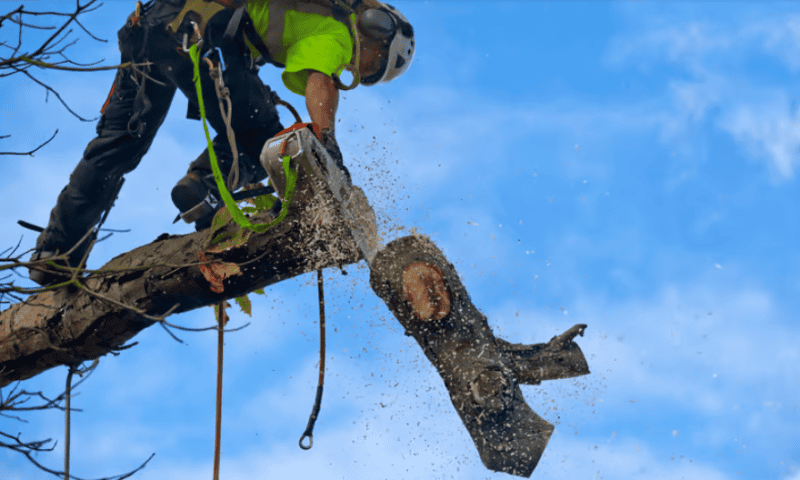Pharming Group has sawed off its gene therapy collaboration with Orchard Therapeutics, a decision that will see the end of a preclinical hereditary angioedema (HAE) program.
Netherlands-based Pharming paid U.K.-based Orchard $17.5 million in upfront cash and equity back in 2021 to collaborate on OTL-105, a gene therapy designed to increase C1 esterase inhibitor to prevent HAE attacks.
Announcing the partnership three years ago, Pharming CEO Sijmen de Vries, M.D., said his company had been “committed to the HAE community for more than two decades.” The durability of Orchard’s approved hematopoietic stem cell therapies gave Pharming confidence that this tech has “the potential for the highest probability of success” in HAE, de Vries said at the time.
HAE is a life-threatening rare disorder that causes recurring swelling attacks in the face, throat, extremities and abdomen. Hopes for OTL-105 rested on preclinical studies that the companies said at the time “demonstrated high levels of SERPING1 gene expression via lentiviral-mediated transduction in multiple cell lines and primary human CD34+ HSCs.”
Now, Pharming has decided to call time on the collaboration. In a first-quarter earnings release, the biotech explained that it “has decided to terminate the research collaboration and licensing agreement with Orchard Therapeutics and discontinue the OTL-105 program.”
With the end of the partnership, Orchard—which was bought by Japan’s Kyowa Kirin for $387.4 million in October 2023—will no longer be in line for up to $189.5 million in development, regulatory and sales milestones tied to the collaboration.
Pharming said the move is “consistent with Pharming’s current strategy as well as prioritization of clinical development expansion of leniolisib into additional [primary immunodeficiency] indications.”
Pharming acquired leniolisib from Novartis for $20 million in 2019. The kinase inhibitor, sold as Joenja, has since received FDA approval for patients with phosphoinositide 3-kinase delta syndrome and brought in $9.6 million in revenue in the first quarter of 2024, according to this morning’s earnings results. A phase 2 trial of the drug in primary immunodeficiency with immune dysregulation linked to PI3Kẟ signaling is also in the works.

